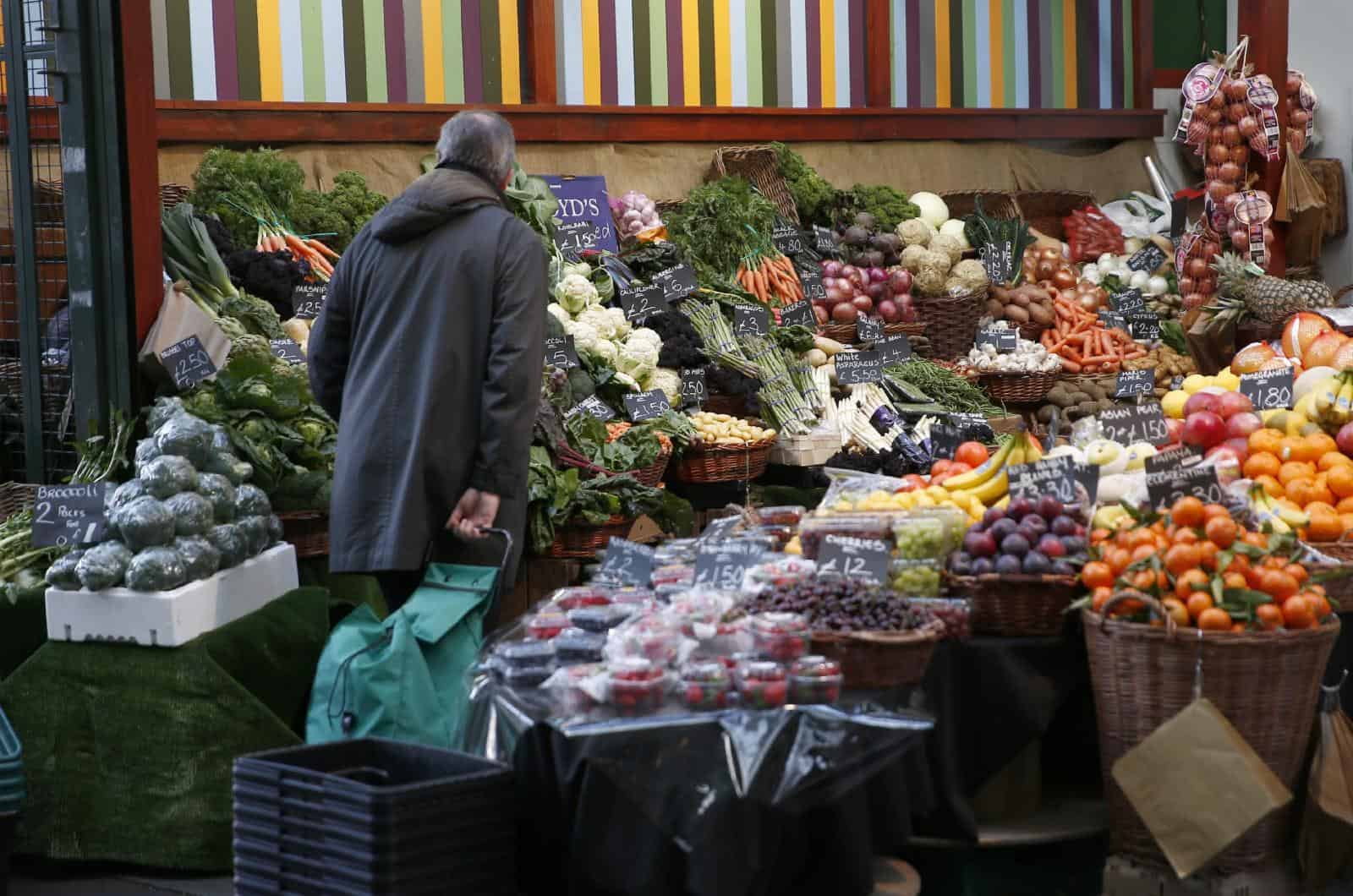I love Thanksgiving; a day of celebrating our gratitude to God for the gifts of life, love, and good times. It also opens the longer holiday season—filling me with excitement for Christmas. This Thanksgiving, however, as I watched my Jesuit brothers carve the turkey, my mind wandered towards images of the brutal conditions of factory farms that I had seen in the documentary Food Inc.
This turkey, like millions of other farm animals, had lived a difficult life in miserable conditions before it was slaughtered in preparation for America’s day of giving thanks. The violence on the plates around me cast a gloom over the festive decorations and joyful conversation around me.
A few weeks before Thanksgiving, I was on a retreat outside of Sacramento. As I walked the grounds of the retreat center, I came across a flock of wild turkeys sitting in the shade of an oak tree. They appeared content and at peace with the world as a gentle breeze ruffled their feathers. They looked at me with curiosity; one of them cocked its head, almost in greeting. As I observed the group, I noticed their different temperaments: the shy, the curious, the lazy, the energetic, the leader, and so on. I realized they were not just a flock of birds, but a group of individuals blessed with life by God. Perhaps, each one was praising God in a unique way that I would never understand. I felt grateful that these turkeys, who have a unique place in God’s created order, shared a moment of praise with me.
Animals impress a part of our consciousness that recognizes their individuality and sentience. Those who have pets know that two dogs are not interchangeable because they have unique temperaments. Scientists and our experience can tell us that farm animals such as chickens, turkeys, pigs, and cows have similar levels of sentience and distinguishable temperaments as pet animals, such as dogs and cats.
Consequently, I believe that animals are more than meat, milk, and egg machines. Each individual animal has memories, relationships, and a temperament that gives its life meaning and a distinct identity. If each animal has a unique existence, then we are not justified in violently destroying the life connected with these attributes. These individuals have a purpose for existence beyond mere utility for humans.
Saint John Henry Newman wrote, “Cruelty to animals is as if man did not love God … there is something so dreadful, so satanic, in tormenting those who have never harmed us, and who cannot defend themselves, who are utterly in our power.”
There are no good reasons for eating animal products as part of holiday traditions. Preserving cherished dinner traditions is far outweighed by preserving the lives of sentient creatures. Sensory pleasure for humans cannot compete with brutal treatment of animals. Furthermore, we do not need meat for nutritional or financial reasons. So, why do we persist in allowing violence in our plates?
We may wonder what a vegan Christmas would look like. Thanks to the internet, we can find plenty of delicious and nutritious vegan meal options for the holidays. We can create new traditions of vegan eggnog and have new family stories of how grandma burned the lentil loaf on that fateful Thanksgiving afternoon. Holiday festivities do not need animal food products.
In the “already but not yet” situation of the present age, we need to gesture toward the image of the Messianic age when the wolf will be a guest of the lamb. In our relationships with animals, we need to see them as our companions in God’s creation rather than meat, milk, and egg machines who can be brutalized at our whim.
As Pope Francis writes, “[nowadays] we must forcefully reject the notion that our being created in God’s image and given dominion over the earth justifies absolute domination over other creatures.”
The idea of billions of sentient creatures slaughtered to satisfy our gastronomic wants around the holidays should give us pause. The knowledge of brutal conditions in factory farms that supply us with meat, milk and eggs should horrify us. We need to hear the cry of the animals who suffer at the hands of humans for no acceptable reason.
As we journey through the Advent season anticipating the birth of Christ, let us reflect on what a culture that respects all life would look like. As Jesus comes into our world torn by violence this Christmas, I invite you to create your own tiny spaces free from violence by ending the violence on your plates.


